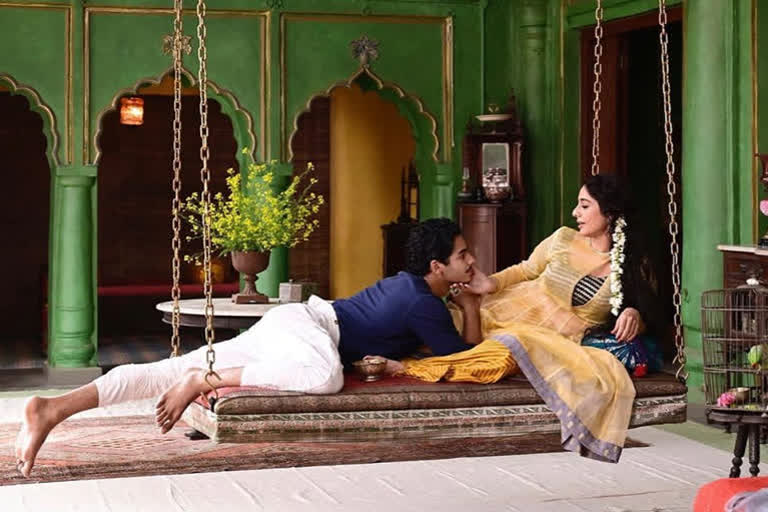Hyderabad:A temple is built right next to a mosque by a small-time raja resulting in a riot in which protesting Muslims are shot dead. A mother is appalled about her daughter meeting a young Muslim student on campus because the community is "violent, cruel and lecherous". And Calcutta types, especially the women, are dubbed "flashy and dishonest", one particularly so because she melts the pure gold medals her mother in law gave her to make a pair of pear-shaped earrings for herself.
Look around, and nothing much seems to have changed from the days of 'A Suitable Boy', written by Vikram Seth in 1993, but evoking 1951 immediately after India's independence, and now a sumptuous and wholly satisfying epic recreated as a six-part mini-series by Mira Nair for BBC One.
We have just emerged from the bhoomi pujan of a temple built on the ruins of a mosque. Inter community relationships are still looked upon with a degree of fear and mistrust. And we need only be reminded of the social media chatter around Rhea Chakraborty to be reminded of the innate suspicion of Bengali women. Nair's 'A Suitable Boy' has fun with that trope, by portraying Meenakshi Chatterjee Mehra as the ultimate glamourpuss, as at home dancing a tango at the Tollygunje Club as she is getting her nails painted the Smitten Mitten colour and declaring with a flourish: This smitten kitten is about to be bitten. By no less a man than Billy Irani, whose name seems to be tailormade for a rich cad.
Read:When it comes to pandemics, reel life is ahead of reality
Andrew Davies' recreation of 'A Suitable Boy' for BBC One has tracets of the author he is most passionate about: Jane Austen. And it is no surprise. Rupa Mehra, the mother of Lata, for whom she is seeking a suitable boy, seems to be a kindred spirit of Mrs Bennet, whose only aspiration was to ensure her daughters married well. Nair's recreation telescopes many details, as is to be expected in such a vast movel, but is pitch perfect when it comes to capturing contemporary issues. There is the "Muslim question" with the local landlord, the Nawab Sahab, a great friend of Mahesh Kapoor, the revenue minister who pilots the revolutionary Zamindari Abolition Act, choosing to stay back in India unlike much of his family. There is the issue of women empowerment, with Lata anxious to start teaching after her marriage, and not letting her education go to waste. And there is the language question. Lata's elder brother, a boxwallah in Calcutta, makes much of the language, and its necessity in a new India, even going so far as to be dismissive of the "Hindi" types.
